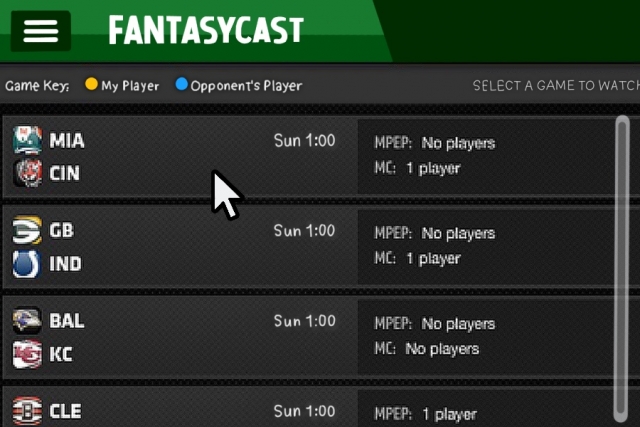
With the fantasy sports industry on the rise, more people around the world find themselves getting involved to win big
The fantasy sports industry has become an increasingly lucrative industry, estimated to be worth $7 billion according to the Fantasy Sports Trade Association. With 59 million players in the U.S. and Canada, players and sports enthusiasts alike continue to create fantasy sport leagues and play daily or weekly to try and win large amounts of money.
“I think fantasy sports allows each game to become more important than it is,” said Trevin Anderson Soria, a third-year economics and political science double major and four-year fantasy sport player. “When your fantasy team has players on many different teams, many more games become interesting and relevant to you. I just think it allows people to care even more about the sports they love, or even start to care about sports that perhaps they weren’t into as much.”
Even though there are a countless number of leagues to join, platforms to play on and different formats to play and earn points, all fantasy sports generally have the same premise. Fans choose players from a particular sport in an in-person or online draft and assemble a fantasy team. The real-game statistics earned by the players are then converted into fantasy points for those competing against other fantasy teams for money over a specified time period.
Sites such as Yahoo Fantasy, CBS Fantasy and ESPN allow players to create their own commissioned league and allow friends or coworkers to join for a more intimate fantasy season experience. This creates an atmosphere for fantasy owners to keep coming back to play with friends or branch out into other sports such as hockey, soccer, golf and more to test their knowledge of players’ performances.
“At its heart, fantasy has allowed me to stay in contact with my friends from high school,” Soria said. “Of course, I am a very competitive individual, so taking sports and statistics and melding it into a competition is absolutely intoxicating. I’ve also appreciated how much I’ve learned about players and a game as a whole due to playing fantasy sports.”
Over the years, however, daily popular fantasy sites such as DraftKings and FanDuel give people the ability to choose players in a particular sport or in a specific game with a single day’s worth of stats. Both sites give a similar three-step process to participate on their sites: sign up and create an account, make your fantasy picks and win big. This gives players the chance to generate quick investments and turnovers into quick money-making opportunities. Currently DraftKings and FanDuel have reported to pay out $6 and $4.5 billion respectively to players.
Many wonder if fantasy sports are really games of skill based on knowledge of the sport, or games of chance, since any player could have a good game and increase their stat production. Under the Unlawful Internet Gambling Enforcement Act of 2006, fantasy sports is deemed legal under federal law because fantasy sports is considered a game of skill. Games of skill are usually legal under federal law, while games of chance are considered to be illegal gambling. As long as people do not bet on the outcome of a single game or the performance of a single player, fantasy sports is deemed legal.
According to Camron Clifton, a fourth-year food science major and eight-year fantasy veteran, fantasy sports always has some luck involved for new and experienced players alike.
“At the end of the day I think that it can be pretty luck-based,” Clifton said. “I think that it is inherently pretty random and going off of an expert’s projections, you definitely can have as much success as someone who spends hours on it. I think that luck is inherent to picking fantasy players because you really have no idea which players are going to do well, so I think it is a mix of luck and skill and that’s why I find it interesting.”
Even with luck factoring into the fantasy atmosphere, there are tips that people can use to grow their fantasy repertoire and develop their skills.
“I think I would just say go with your gut,” Clifton said. “You can read as much as you want and do a lot of analysis and it’s a coin flip. You’re going to be wrong a lot more than you’re right, but that is the whole point in playing and taking those chances.”
Due to the immense financial growth the fantasy sports industry has seen over the last couple years, it is clear that fantasy sports will not be going anywhere anytime soon and is due to become one of the biggest forms of gambling in the coming years.
Written by: Ryan Bugsch — sports@theaggie.org









